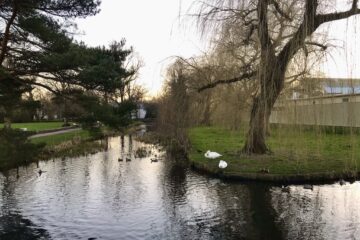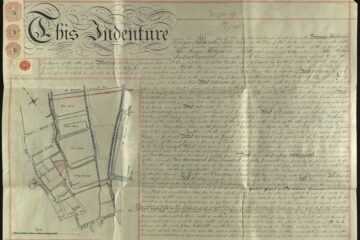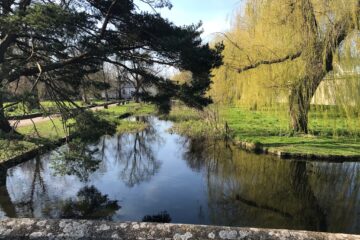Letter to Councillor Lucille Thompson
Thank you for your pro forma response to our carefully considered letter of objection. Unfortunately, it does not begin to address the issues raised.
You say, in essence, that this is the only scheme which would work on this site and that there is a lack of any cost-effective alternative. Not only have you failed to consult the public, or other significant stakeholders, in advance of finalising your plan but no procurement exercise was entered into. So you have not even considered the possibility of other better uses for this site, with potentially greater financial benefits and increased chances of being both sustainable and popular amongst residents.
Furthermore, the fact that you “think this is a great opportunity for the district and the city as a whole” does not make the plan either acceptable or of objective benefit to residents; nor does it render it lawful. Our letter of objection goes into some considerable detail about the apparent unlawfulness of the scheme and your reply does not even acknowledge this possibility.
Your letter contains a number of misconceptions. Take, for example, the statement that “the City Council bought the land for a substantial sum of money in the 1900s and have to look to the future prosperity of the town and district as a whole”. This is not true, nor is it accurate in legal terms.
1901 was the year of a millennial celebration of the legacy of Alfred the Great. The statue by Sir Hamo Thorneycroft was erected in the Broadway. The residents and the then Urban District Council together decided that a community-oriented legacy should take the form of a purchase by the city and its residents of the Hyde Abbey Gateway and the River Park area, including what is now Hyde Abbey Garden – together holding historic connections to Hyde Abbey, where Alfred, Alswitha his wife and Edward the Elder his son were re-interred.
There was a substantial fund-raising exercise amongst residents and, with a loan arranged from the Local Government Board, to be paid back through an additional levy on local rates, the purchase was agreed in 1902 with the Barrow Simmonds family. So this was a collaborative initiative between Council and residents and the purchase was accompanied by a covenant providing that the purpose of the land was as a Public Park, for the benefit of the Citizens of Winchester, to be used for recreational and scientific purposes only.
With regard to “the future prosperity of the town and district as a whole”, our letter of objection makes it clear that the Council holds the land on trust for the citizens of Winchester and that, as part of their obligations to act as trustees, they cannot derive a profit from any disposal of the land. So they could not apply any funds which they might obtain (although it is not clear that there will be any under the current proposals) to any purpose other than maintenance or improvement of the site as an integral part of the public park. Moreover, your stated purpose in pursuing the scheme – job creation and supporting the High Street shops – does not entitle the Council to breach the statutory provisions, or the covenant, protecting the public interest in the land.
No matter to which organisation you propose to hand this land over, whether the University of Southampton or any other commercial entity, this is a plan which offends against the principles of civic responsibility, democratic accountability and lawfulness. It should be stopped and time allowed for a rethink, with the assistance of the public to whom you owe a duty of trust.
Yours sincerely,
Sir Tony Walker
Chair of Friends of River Park



0 Comments